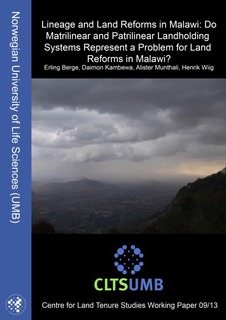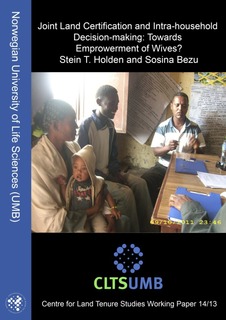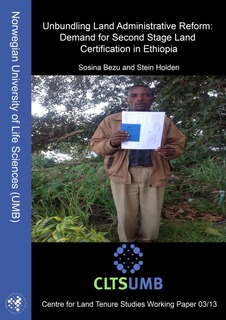Using a multilevel approach to analyse the case of forest conflicts in the Terai, Nepal
Recent years have witnessed an intensification of forest-related conflicts between various stakeholders in Nepal, particularly between the state and local people, over the control, management and use of forests in the southern plains of the Terai. This paper analyses the multiple dimensions of conflicts in Terai forestry policy and practice using a multilevel approach. Multilevel forest conflicts in the Terai are explained as a nested concept, existing at different overlapping levels (ranging from the global level to households).








